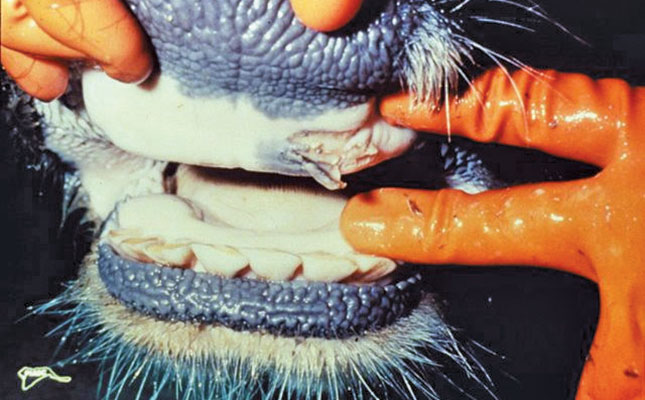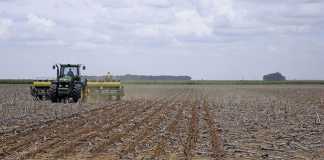
Photo: FW Archive
Role players in the red meat industry have expressed deep concern that the temporary suspension of South Africa’s foot-and-mouth disease-free (FMD) status could result in lost income amounting to billions of rand, while also disrupting domestic trade.
This follows a case of the disease being confirmed in South Africa’s FMD-free zone this week.
READ Understanding the red meat classification system
Chairperson of the Red Meat Producers’ Organisation (RPO), Koos van der Ryst, said at this stage not much information was available, but said it could have a “phenomenally negative” impact on the red meat industry in this country.
“The immediate effect on the red meat industry could be that exports will be suspended,” he said.
According to the Department of Agriculture, Forestry and Fisheries (DAFF), laboratory tests had confirmed that samples taken from cattle in the Vhembe district had tested positive for FMD.
READ Animal health: what German vets can teach us
The infected animals were identified in an area located in the FMD-free zone.
Director of animal health at DAFF, Dr Mpho Maja, told Farmer’s Weekly that the area had been placed under quarantine and it was expected that the Minister of Agriculture, Senzeni Zokwana, would formally declare it a FMD controlled area, while the case had also been reported to the World Organisation for Animal Health (OIE).
She said teams of departmental officials were now on the ground conducting a census to determine the size of the affected population.
Animals in the area around the infected dip tanks were being vaccinated, while the movement of animals had been prohibited to prevent any further spread of the disease. According to Maja, no animals had yet been destroyed.
While the exporting of red meat had not yet been banned, the reality was that officials would not be able to provide the necessary certification in terms of South Africa’s FMD-free status as required by specific trading partners.
READ 2020 & beyond: a vision for the SA beef industry
Van der Ryst said the RPO, along with role players such as the National Animal Health Forum, had been working for a long time to create awareness among officials at the department about the dangers of FMD, in an attempt to help prevent this kind of outbreak. He stressed that the current outbreak could cost the industry billions of rand in lost income and would also have a negative impact on trade in the domestic market.
“Effective management of animal health guidelines in the red line area is one of our biggest threats,” Van der Ryst said.
Maja meanwhile requested all livestock owners in the Vhembe and Mopani districts to monitor all cattle, sheep, goats and pigs for any signs of the disease. These would include limping animals, those struggling to eat or swallow, or animals exhibiting excessive salivation. “Please, [urgently] report it to your nearest state vet,” she said.
FMD is a viral disease affecting cloven-hooved animals. The OIE monitors its prevention and control across the world. FMD was also the first disease for which the OIE established an official list of “free countries and zones”.











